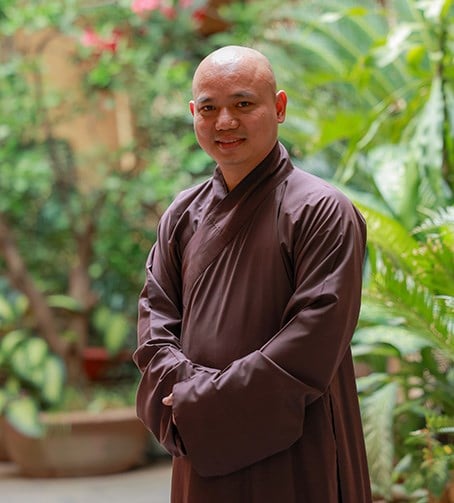
The 15th day of the 7th lunar month is commonly known as Vu Lan festival. Could you please share the meaning and origin of this day in Vietnam?
- The Vu Lan Festival in Sanskrit is called Ullambana, which translates to “untying the hanging person”. It comes from the story of Maudgalyayana, one of the Buddha’s great disciples, who had the ability to transform supernaturally. When he left home to study, he realized through contemplation that his mother had done something bad. When she passed away, she was condemned to an evil place, full of suffering.
Because he was so desperate to save his mother from this place, Maudgalyayana asked the Buddha how to save his mother. From Maudgalyayana's request, the Buddha pointed out that to save his mother, there was nothing else other than transforming her consciousness by relying on the great supernatural power of many people with the energy of practice, who were monks who had just completed the 3-month rainy season retreat.
From the Buddha's teachings, Maudgalyayana asked the monks to pray for his mother - Thanh De. Thanks to that, she transformed her consciousness and was reborn in a peaceful place, like the image of a person hanging upside down being untied.
From this origin, the Vu Lan festival has the first meaning of expressing filial piety. The heart of Maudgalyayana towards his mother helps everyone realize the gratitude of giving birth and raising by parents, grandparents, and ancestors. Being born as a human being, one must always be mindful and repay that gratitude, and at the same time have a heart of gratitude.
With the above meaning, Vu Lan festival is considered as an occasion to show gratitude - repay gratitude, engrave in our mind the 4 important favors in life that we need to preserve and repay - this is the second meaning, including gratitude to parents, gratitude to teachers and friends, gratitude to the country and gratitude to those who have brought us food and clothing.
The third meaning of Vu Lan festival is to pray and focus on those who are in suffering. In particular, this meaning blends with our Vietnamese cultural tradition of praying for the deceased who have not yet been liberated. Therefore, people also call the 15th day of the 7th lunar month the day of forgiveness for the deceased.
Finally, Vu Lan festival also has the meaning of being an occasion to focus on practice and transformation. The full moon of the seventh lunar month is the end of the 3-month rainy season retreat, the monks will sit together to advise and guide each other on the good and bad things in the process of living together, practicing, reminding about change to move towards better values.
Can you share more about the four great graces on Vu Lan festival?
- According to Buddhism, the four great graces are the great graces for each person when they exist in this life. In which, the first grace must be mentioned is parents, the people who gave birth to and raised us to become human beings.
The second grace is the grace of teachers and friends - those who have imparted knowledge, understanding and accompanied and guided us to develop in life. The third grace is the grace of the nation, shown through the image of those who have protected the borders, built the country so that we have a peaceful place to live and develop.
And finally, gratitude to all living beings - those who create food, clothing, rice, and living conditions so that we can develop.
These are four great favors that everyone must remember and always keep in mind how to repay appropriately.
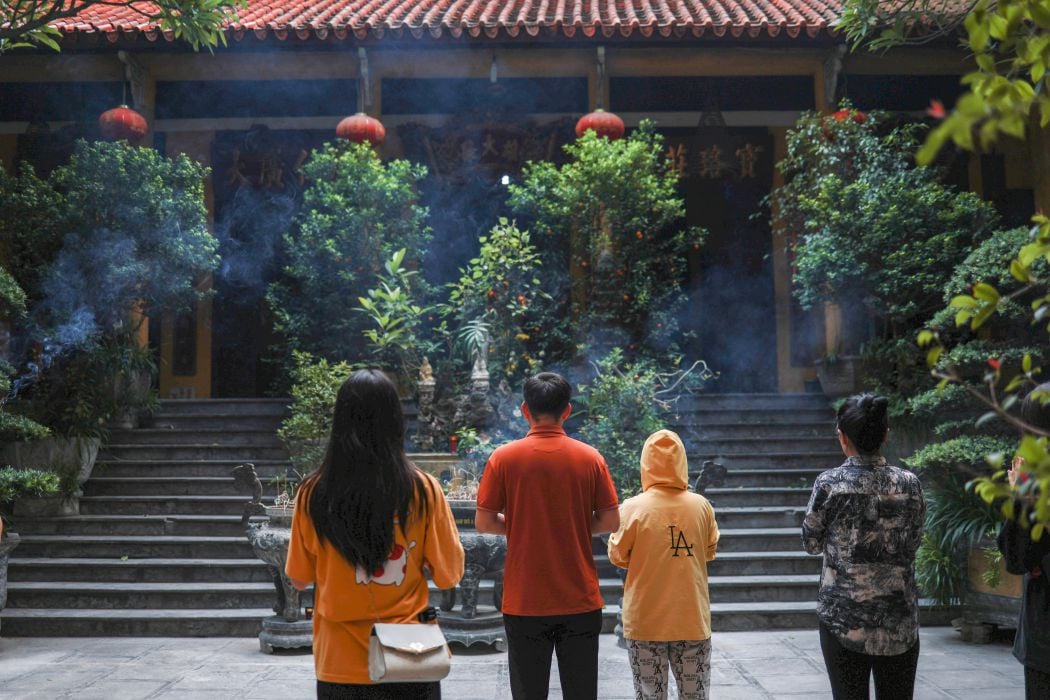
The 7th lunar month has many special meanings, so how are the offerings on the 1st and 15th day of the lunar month for people to worship Buddha and their ancestors different from other 1st and 15th days of the lunar month in the year, Venerable?
- The 15th and 1st of the lunar calendar according to Buddhism are often called the new and full moon days. Normally, on these days, Vietnamese people often remember their ancestors and the deceased and prepare offerings. The same goes for the 15th day of the 7th lunar month!
The offerings inside and outside on the 15th day of the 7th lunar month have 2 different meanings.
Accordingly, the indoor offering tray is for ancestors. The outdoor offering tray is for the deceased, the homeless souls, to pray for their salvation and to bless the homeowner with peace.
Depending on the circumstances of each family and region, the offering tray on the 15th day of the 7th lunar month will have different changes, usually including incense, flowers, cakes, trays of food, candles... In particular, the outdoor offering tray often has white porridge to worship the souls. If the homeowner is a Buddhist, they often use vegetarian items.
According to ancient customs, Vietnamese people often burn votive paper during holidays and Tet, especially on the 15th day of the 7th lunar month. However, this custom is gradually changing to suit modern society. Most recently, the Vietnam Buddhist Sangha issued a circular, suggesting not burning votive paper during Vu Lan festival. According to Venerable, what should we do to make people not burning votive paper become voluntary?
- Currently, when the media is developed, each person has an approach to understand which activities are correct and appropriate. Among them, burning votive paper is one of the activities that has long been associated with the lifestyle and customs of Vietnamese people. However, over time, many people have assessed that burning votive paper does not bring many benefits. And according to the Buddhist concept, burning votive paper has no transformative value for the deceased.
That is why, for many years and even this year, before the Vu Lan ceremony, the Vietnam Buddhist Sangha has issued announcements, instructions and reminders to monks, nuns and Buddhists to absolutely not burn votive paper during Buddhist ceremonies, rituals and spiritual activities.
This shows civilization, progress, and thrift in lifestyle and activities. At the same time, it also creates opportunities to practice Buddha's teachings on transforming consciousness and creating more positive energy than using votive paper to pray and make offerings to the deceased.
What are the results of the recent implementation of the announcement not to burn votive paper, Venerable?
- According to the reality that we have had the opportunity to observe, most of the monasteries and all monks and nuns have strictly followed the instructions of the Vietnam Buddhist Sangha about not burning votive paper in ceremonies and rituals during the Vu Lan festival in recent years. That shows a big, very civilized change in Buddhist activities to adapt to modern society.
Instead of burning votive paper, what should we do to have a complete Vu Lan season in July while still expressing our feelings?
- The greatest meaning of Vu Lan season is the spirit of gratitude, gratitude and prayer. Therefore, we should devote all our consciousness and material conditions to gratitude and gratitude to those who gave birth and raised us.
At the same time, saving from not burning votive paper, we can spend that financial amount and budget to support the poor. This is also an important content in the announcement of the Vietnam Buddhist Sangha to focus on people with inadequate living conditions to develop together. This action has demonstrated the profound humanity and spirit of mutual love that the Sangha encourages.
Thank you, Venerable!
Source: https://laodong.vn/lao-dong-cuoi-tuan/vu-lan-la-le-hoi-cua-tri-an-chuyen-hoa-va-nguyen-cau-1380037.ldo




![[Photo] General Secretary To Lam chairs the Politburo's working session with the Standing Committee of the National Assembly Party Committee](https://vphoto.vietnam.vn/thumb/1200x675/vietnam/resource/IMAGE/2025/9/11/e2033912ce7a4251baba705afb4d413c)
![[Ảnh] Chủ tịch nước Lương Cường tiếp Bộ trưởng Quốc phòng Thổ Nhĩ Kỳ Yasar Guler](https://vphoto.vietnam.vn/thumb/1200x675/vietnam/resource/IMAGE/2025/9/11/7f1882ca40ac40118f3c417c802a80da)



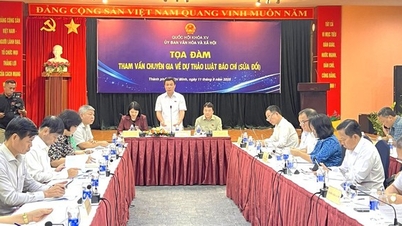








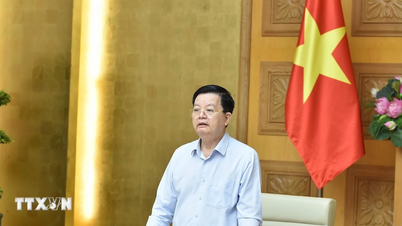










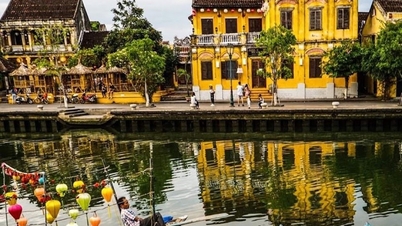























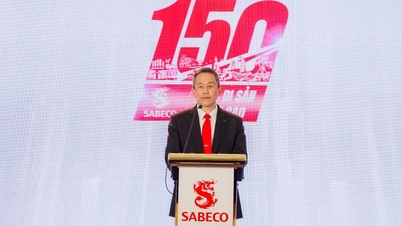


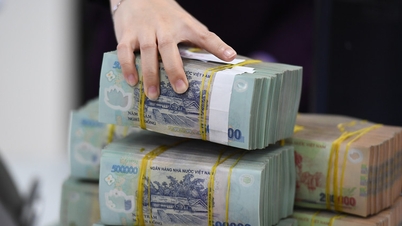













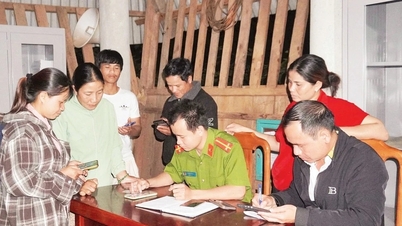
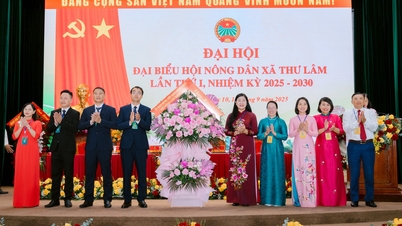








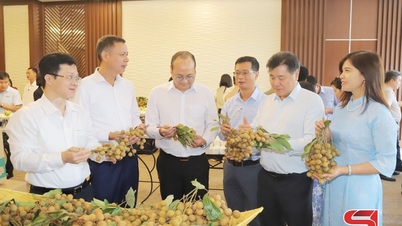


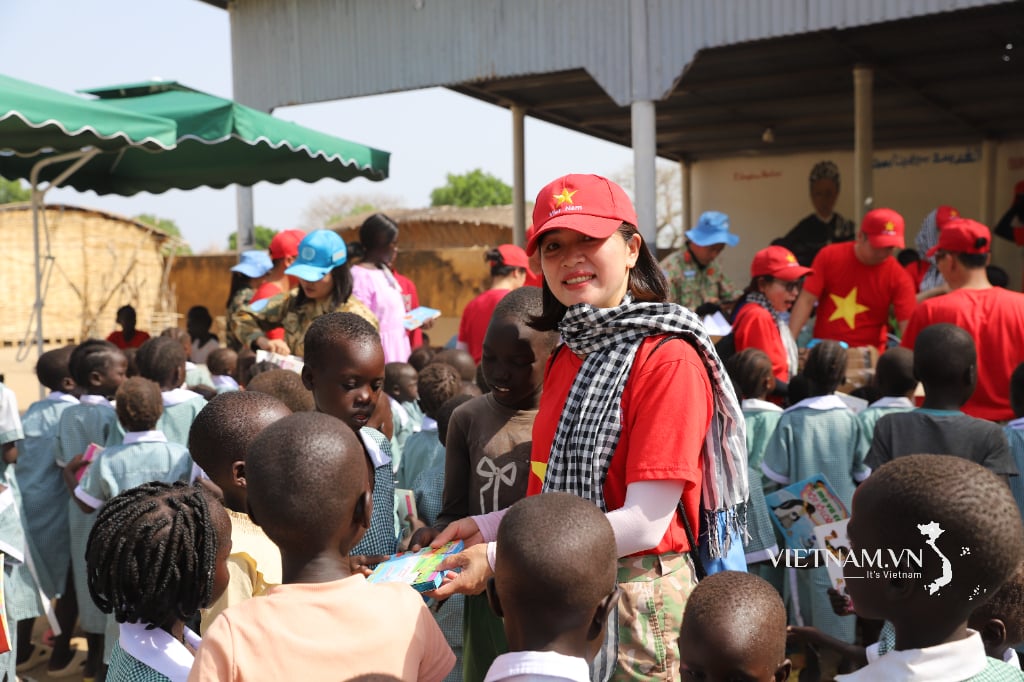

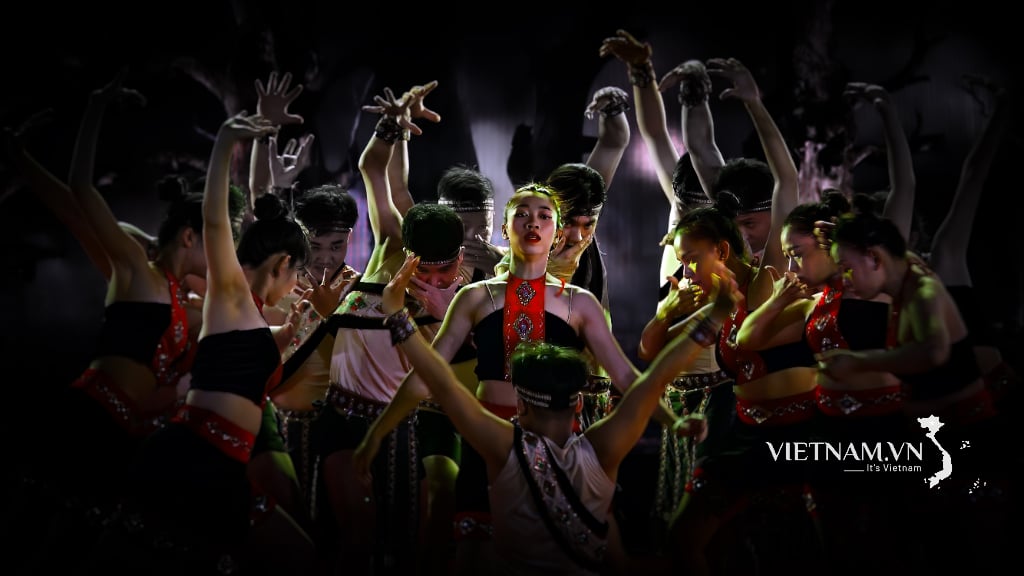

Comment (0)